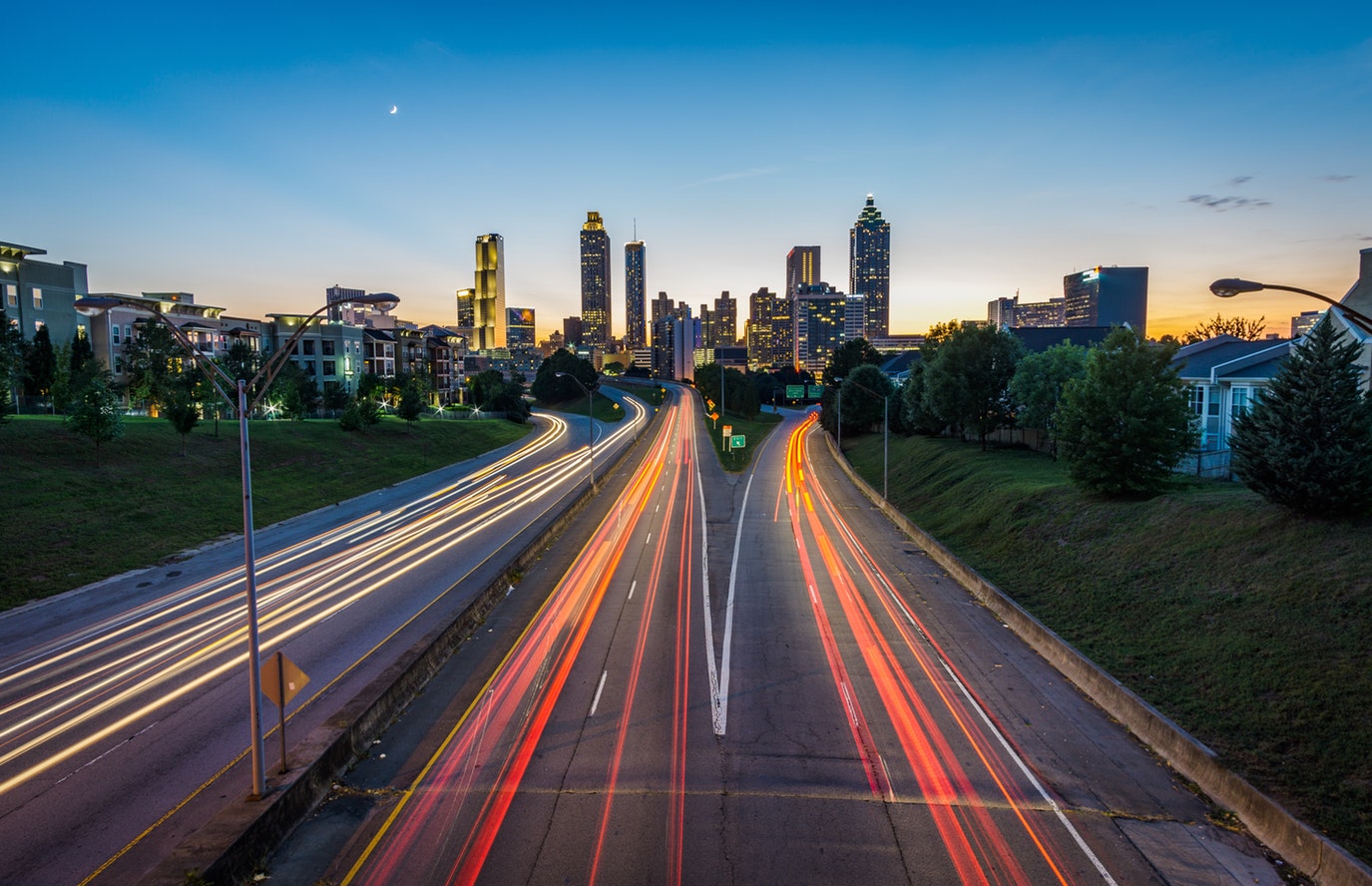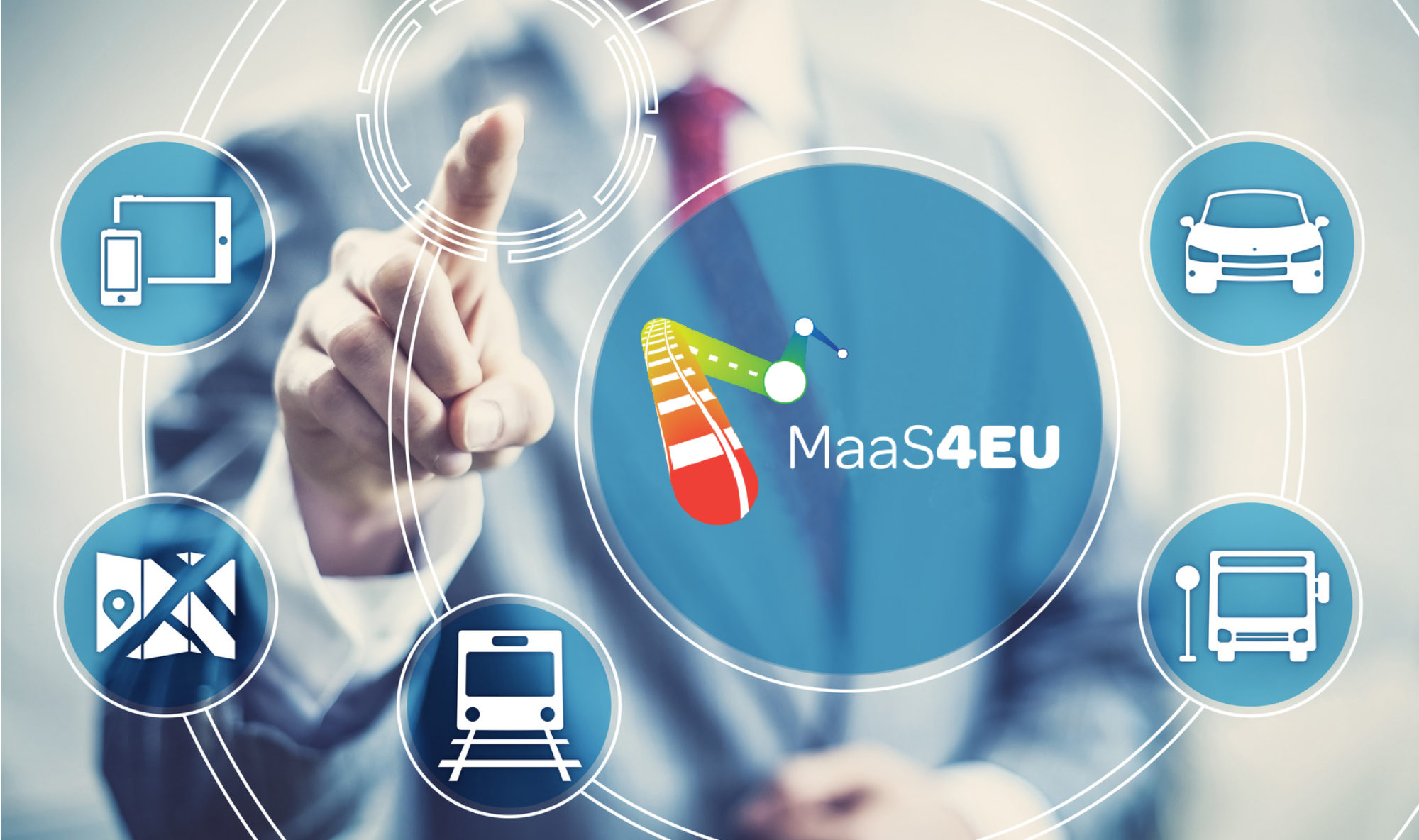What started five years ago as a mobile ticketing app is evolving towards an integrated MaaS offering for the US city of Dallas, Texas.

Image source: Unsplash.com
Travelling has never been as evolving as it has been in recent years. Not only is technology changing, but the whole concept of mobility is. The expression of this evolution is precisely sharing mobility, which include all the various types of services, such as ride-sharing, bike-sharing and car-sharing. MaaS (Mobility-as-a-Service) is becoming a predominant factor in the big cities daily life.
The GoPass service – launched in September 2013 – was the first multimodal, multi-agency transit fare payment app in the US. Introduced by the Dallas Area Rapid Transit (DART), GoPass combines a mobile ticketing app with a trip planning function. It is accepted by local transport providers Trinity Railway Express, Trinity Metro and the Denton County Transportation Authority.
Currently GoPass covers trains, buses, street cars, paratransit and car-pooling and it has recently been updated and joined by GoLink, an app-based, demand-responsive transport solution that helps bridge the first/last mile ‘gaps’ to approach a Mobility as a Service (MaaS)-level offering.
The app also offers more robust travel tools, including real-time trip planning. Future enhancements to the app will also include more seamless integration with ride-sharing services, including bikes and shared vehicles.
Six pilot actions tested the service in more remote and low-density areas with limited public bus connections and services. By using GoLink the hourly bus has been replaced by an on-demand service and the average waiting time has been greatly reduced now, amounting now to only 10 minutes.
Even in poorer households, most individuals own a smartphone and through an app-based approach they can easily access the contents they need, in particular public transport timetables and a wider offer of mobility options available, avoiding long waiting times at bus stops. This access to on-demand services give poorer communities a better access to the whole public transport network and jobs, contribute to level the playing field.
Another important aspect to facilitate the involvement of poorer communities was linked to the possibility to use also cash to top-up their GoPass wallet, thanks to the availability of hundreds of retail outlets in the region, and no limited to credit cards only.
DART hopes to reach further new potential customers who live or work in areas that aren’t served by public transit, by introducing a dynamic carpooling service called GoPool. Unlike static carpooling, where commuters must find people in advance to share a trip, dynamic carpooling uses technology to arrange one-time shared rides on short notice through a mobile app.
Source: ITS International

